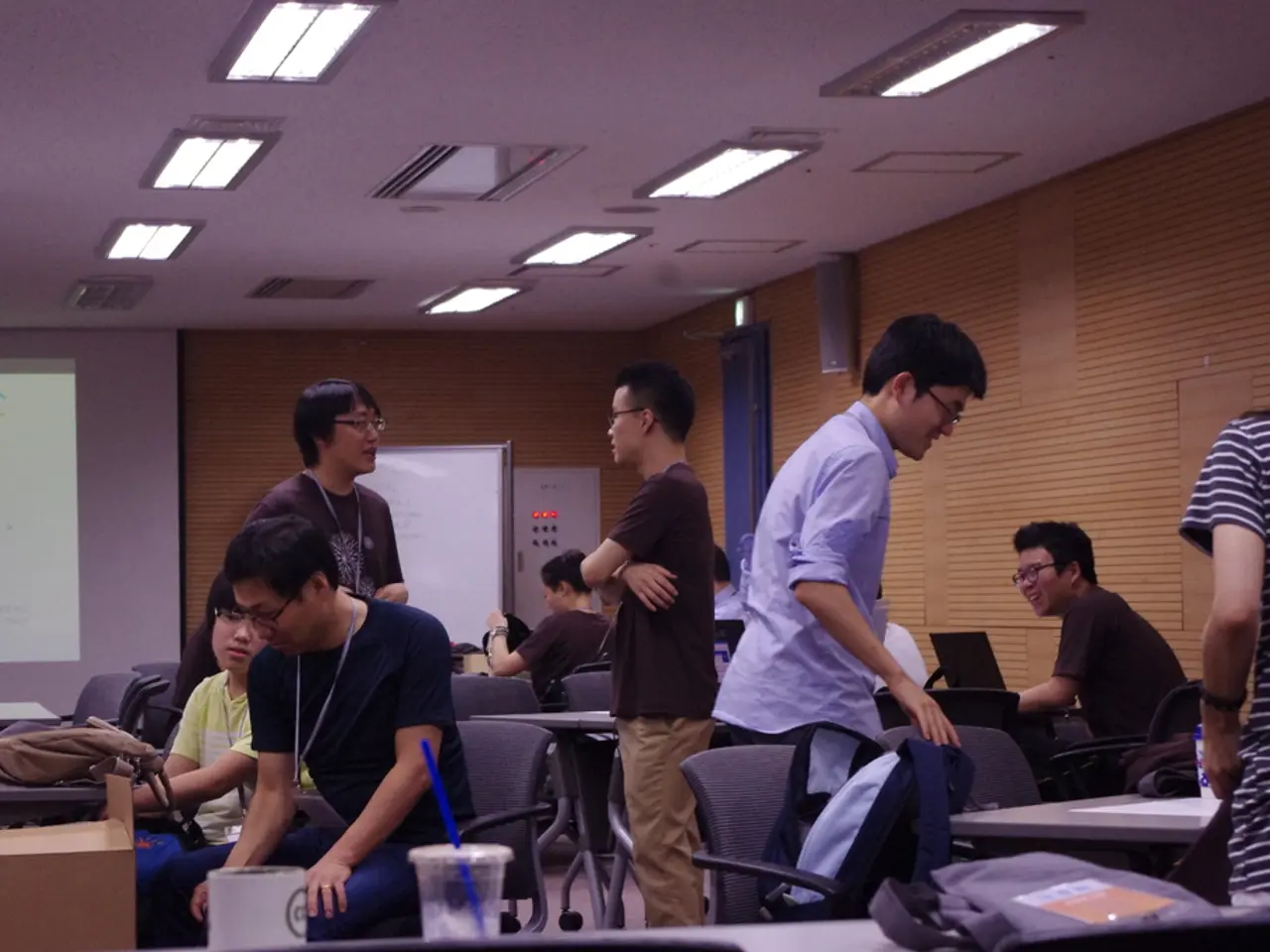Forecasting Market Trends through Time Series Analysis in Econometrics Mastery
Time Series Analysis and the Autoregressive Integrated Moving Average (ARIMA) model are powerful statistical techniques that offer valuable insights into time-dependent data. These tools have practical applications across various sectors, making them highly relevant to consulting firms like DBGM Consulting, Inc.
Understanding Time Series Analysis and ARIMA Models
Time Series Analysis is a statistical technique used to analyse time series data and extract meaningful statistics. The ARIMA model, a commonly used model in Time Series Analysis, provides a rich framework for forecasting by understanding how past values and errors influence future values.
The ARIMA model equation for a time series (Y_t) is:
In this equation, (Y_t') represents the forecasted value at time t, (c) is a constant, (\Phi_i) are the autoregressive coefficients, (\Theta_i) are the moving average coefficients, and (\epsilon_t) is the error term at time t. The differenced series (Y_t') is used to make the series stationary.
Practical Applications of Time Series Analysis and ARIMA Models
Business Forecasting and Planning
Time series analysis and ARIMA models help forecast key business metrics such as sales, revenue, customer demand, and stock levels. This enables consulting firms to provide clients with accurate predictions to optimize inventory management, budgeting, and production scheduling, thus improving resource allocation and reducing costs.
Financial Market Analysis
These models are extensively used for predicting financial variables like stock prices, currency exchange rates, risk levels, interest rates, and portfolio performance. Consulting firms can leverage ARIMA-based forecasts to advise clients on investment strategies, risk management, and financial planning.
Operational Efficiency and Predictive Maintenance
In manufacturing or technical domains, ARIMA models assist in detecting anomalies and forecasting equipment failure by analysing sensor data over time. This allows businesses to anticipate maintenance needs, avoid costly downtimes, and improve operational reliability.
Customer Behavior and Churn Prediction
For web applications or subscription services, time series forecasting helps analyse user activity data, predict customer churn, and optimise marketing and retention strategies. Consulting firms can thus enhance client decision-making on customer engagement.
Seasonality and Trend Analysis
Seasonal patterns in sales or demand can be isolated and predicted to help clients plan for cyclical fluctuations—important for industries like retail, tourism, and utilities. Decomposing trends and seasonality via ARIMA helps fine-tune business strategies.
Risk and Anomaly Detection
Monitoring time series data enables early detection of unusual patterns due to errors, fraud, or cyber-attacks, allowing preventive actions. This capability adds value to consulting for clients concerned with security or quality assurance.
Strategic Decision Support
By providing forecasts and insights into future trends based on historical data, time series models support strategic business decisions in areas including production, purchasing, budgeting, and resource allocation.
The Future of Time Series Analysis and ARIMA Models
As technology advances, Time Series Analysis becomes increasingly important in decoding complex market dynamics, ensuring businesses can navigate future challenges with confidence. The blending of econometrics, artificial intelligence, and technology unlocks new potentials and drives innovation, whether it's in optimising cloud solutions or developing future-ready AI applications.
In conclusion, a consulting firm such as DBGM Consulting, Inc. can apply Time Series Analysis and ARIMA models to help clients enhance forecasting accuracy, improve operational efficiency, mitigate financial risks, and make data-driven strategic decisions across diverse sectors including finance, retail, manufacturing, and technology. These tools empower businesses to make informed decisions that are crucial for growth and sustainability.
Cloud solutions can be enhanced by applying Time Series Analysis and ARIMA models, enabling businesses to forecast and manage cloud resources more effectively.
Education and self-development can benefit from the use of Time Series Analysis and ARIMA models as well, as these techniques allow for the prediction of trends and patterns in user activity data, thus aiding in creating effective strategies for online courses or platforms.
Consulting firms can create in-depth blog posts on the practical applications of Time Series Analysis and ARIMA models across various industries, such as finance, business, technology, education-and-self-development, and more, demonstrating the relevance and impact of these statistical techniques on diverse sectors.




